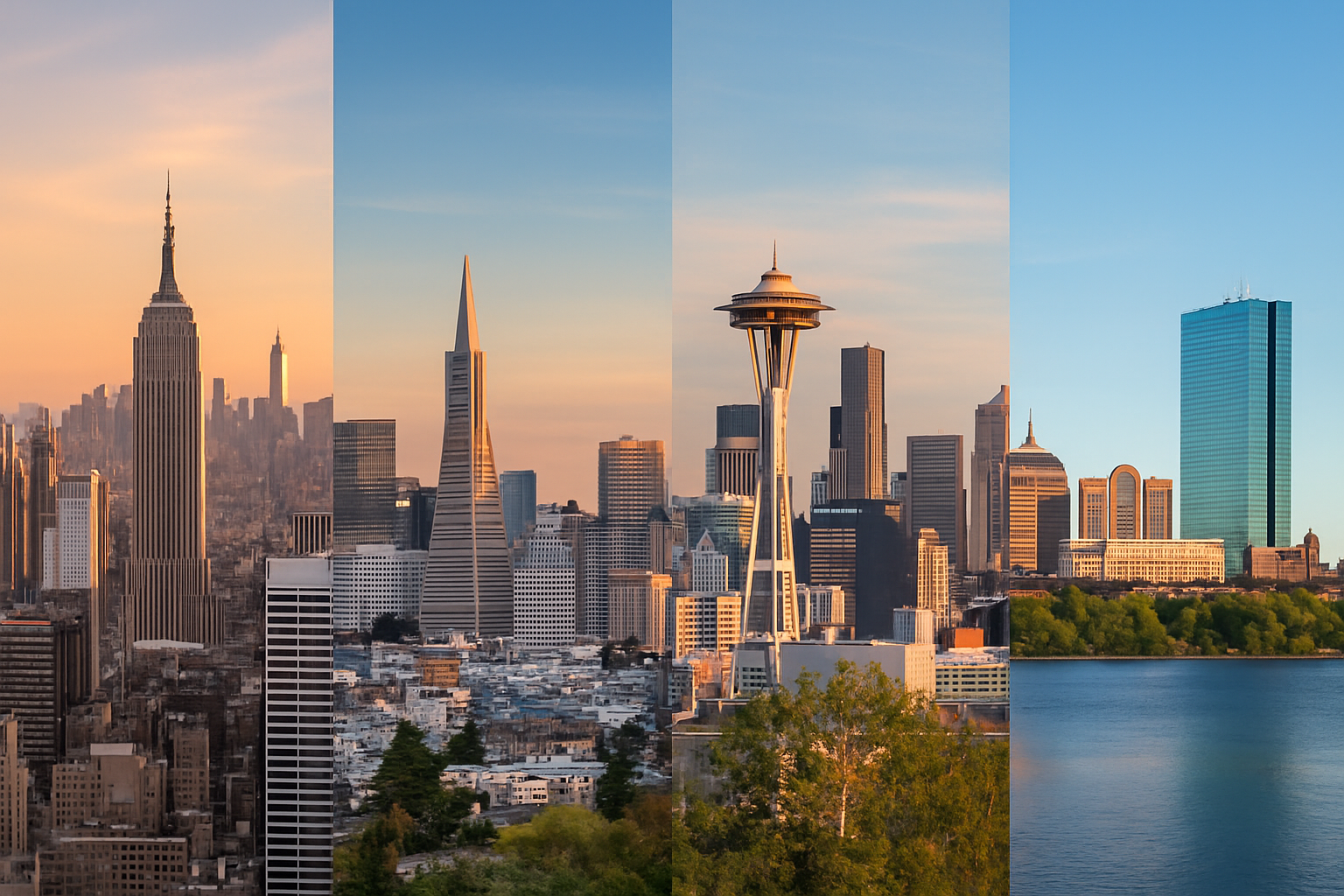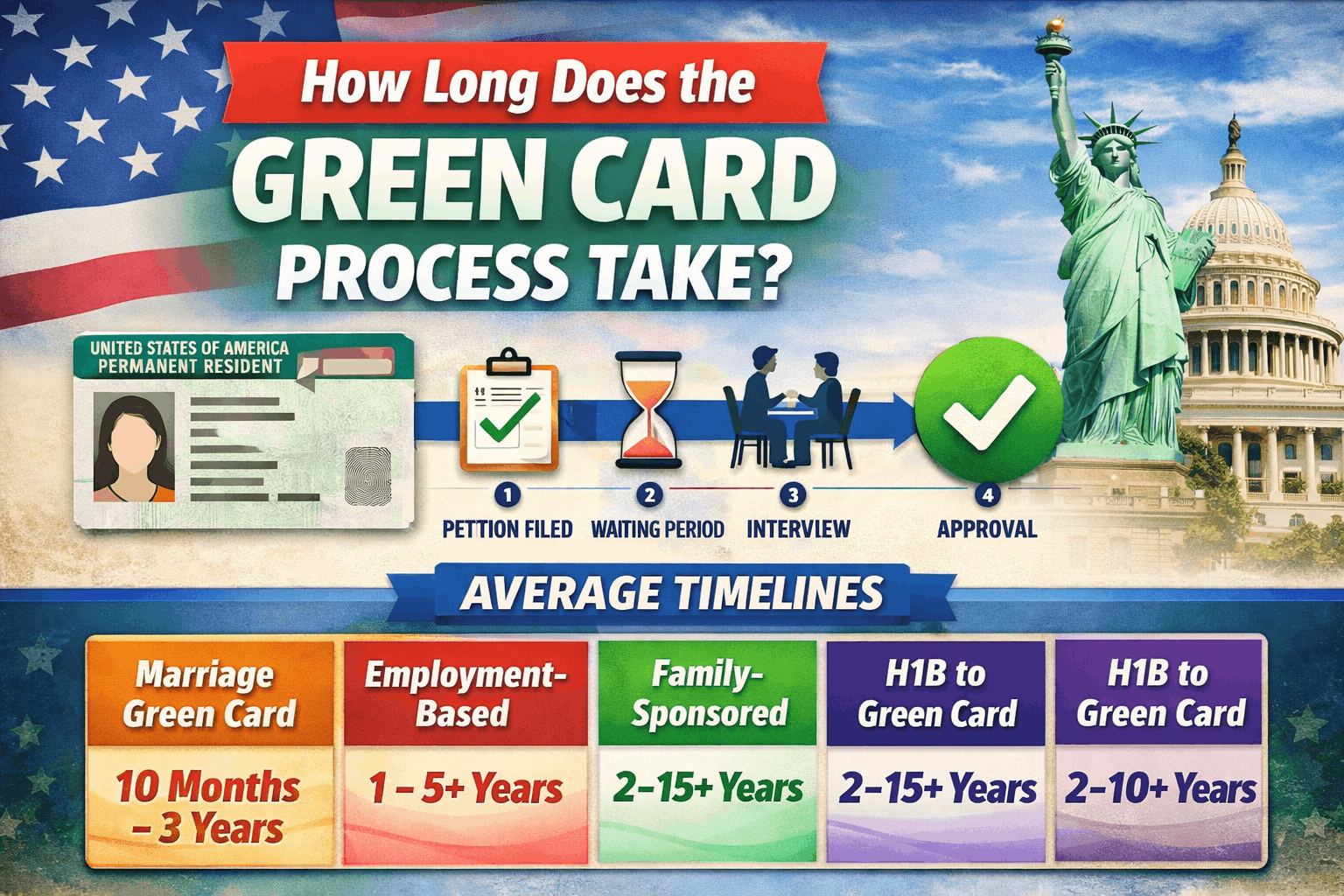|
Getting your Trinity Audio player ready... |
The rapid expansion of artificial intelligence across industry verticals has reorganized the geography of opportunity within the United States. Companies are scaling AI capabilities in finance, healthcare, logistics, e commerce, and cybersecurity; this has created concentrated hubs where talent demand, investment inflows, and research activity converge. The year 2025 marks a significant pivot point. Several cities that historically dominated software and data engineering are now recalibrating their focus toward AI centric development. The following overview examines the leading metropolitan areas for AI era careers, evaluates the structural foundations that support their growth, and identifies the forces that elevate them to national prominence.
New York City: The Financial and Enterprise AI Powerhouse
New York City maintains its competitive standing due to institutional strength in finance, insurance, retail, and enterprise analytics. Banks and hedge funds continue to deploy predictive models for risk assessment and automated trading. This has strengthened the market for AI engineers, quantitative analysts, and compliance algorithm specialists. Healthcare systems across the city are also scaling clinical data platforms that rely on machine learning for diagnostic support. Venture capital networks based in Manhattan fuel early stage AI startups, especially in legal tech and security analytics. The city benefits from dense academic resources and consistent migration of skilled professionals.
San Francisco and the Bay Area: Research Driven AI Leadership
Despite fluctuations in commercial real estate and shifting workforce policies, the Bay Area remains a nucleus for AI research. Several of the most advanced model labs and robotics firms operate here. The region possesses high concentrations of computational scientists, distributed systems engineers, and reinforcement learning researchers. Access to established accelerator programs enhances career routes for founders building AI native products. While operational costs remain high, the region compensates with unparalleled research infrastructure. Career prospects thrive in foundation model development, autonomous systems, and platform level AI integration.
Seattle: Cloud AI and Enterprise Scaling Strengths
Seattle dominates in cloud infrastructure and enterprise level AI deployment. Major cloud providers headquartered in the region continually expand AI tools that integrate into global business workflows. This environment fosters demand for cloud AI architects, distributed computing engineers, and product managers specialized in applied machine learning. Seattle also benefits from a strong robotics and logistics ecosystem. The presence of large retail technology companies encourages experimentation in predictive supply chain modeling and automated fulfillment systems. The combination of cloud scale and operational efficiency makes Seattle a consistent hotspot for AI professionals.
Austin: The Expanding Southern Tech Magnet
Austin has evolved from a regional tech hub into a national center for applied AI development. Lower operational costs attract startups focused on generative content tools, cybersecurity analytics, and mobility systems. Public sector agencies in Texas increasingly invest in data driven governance platforms, which expands opportunities in civic AI deployment. Austin’s university network supports pipelines of machine learning graduates. Growth in semiconductor manufacturing across the state further elevates demand for AI driven process optimization. The city offers a balanced environment that blends affordability with high innovation potential.
Boston: The Intersection of AI and Life Sciences
Boston’s competitive advantage stems from its life sciences ecosystem. Machine learning applications in drug discovery, genomics, and precision medicine drive recruitment of computational biologists and AI researchers with domain specific expertise. Academic institutions contribute consistent innovation in neural network theory and AI ethics. Robotics research, especially in industrial and medical automation, adds another layer of career opportunity. Boston continues to lead in sectors where scientific rigor intersects with advanced computation.
Chicago: A Rising Center for Industrial and Financial AI
Chicago has gained momentum due to its strengths in manufacturing analytics, logistics optimization, and financial modeling. The city supports a growing network of AI consulting firms that assist legacy industries in transforming operational structures. Local universities generate research that translates efficiently into commercial applications. Chicago’s balanced cost structure makes it attractive for firms expanding AI teams without the overhead associated with coastal cities.
Emerging Tier Two Cities: New Momentum Across the Map
Raleigh, Denver, Atlanta, and Salt Lake City show increasing activity as companies diversify their geographic footprint. These cities offer skilled talent pools, stable infrastructure, and favorable business environments. AI powered cybersecurity, cloud development, and enterprise automation dominate local hiring trends. Although they operate at smaller scales compared to traditional tech centers, their growth trajectory is strong and consistent.
Strategic Outlook for 2025
The AI era does not reinforce a single dominant city; it distributes opportunity across a broad national landscape. Each city listed above maintains distinct advantages: financial modeling in New York; research concentration in the Bay Area; cloud scale in Seattle; applied innovation in Austin; biomedical computation in Boston; and industrial analytics in Chicago. This diversification strengthens national resilience in technological development and expands career routes for professionals entering or advancing within the AI sector.







